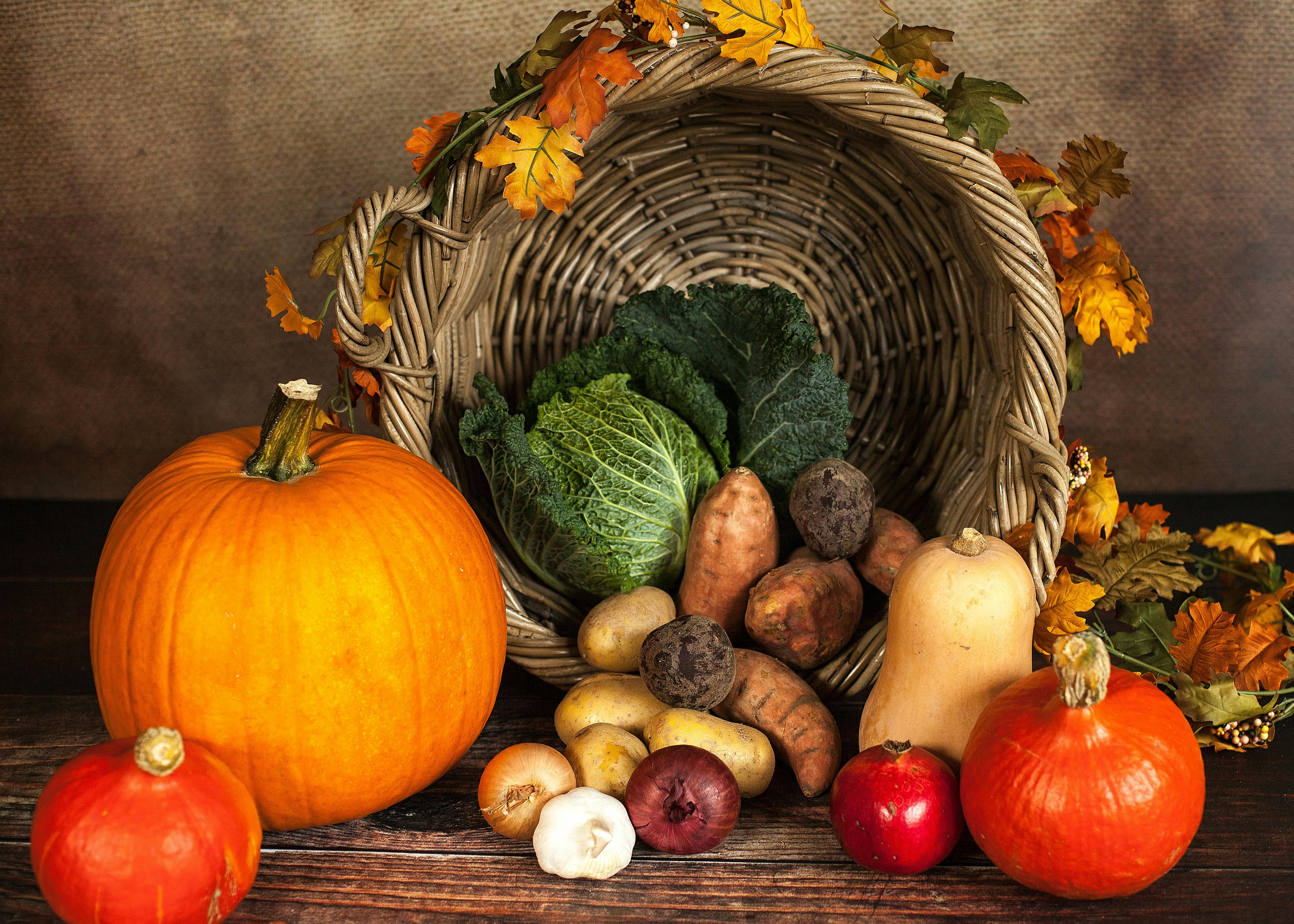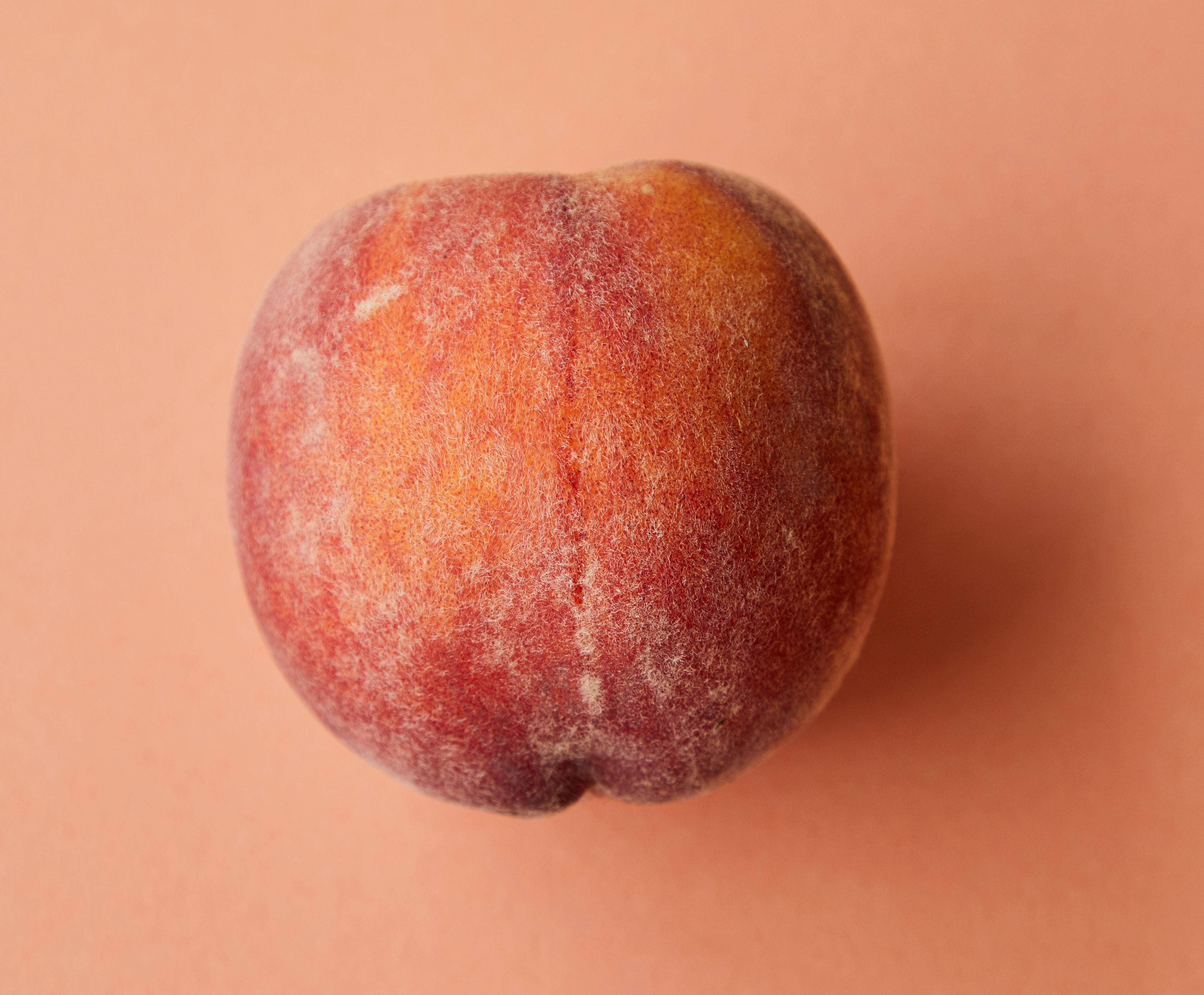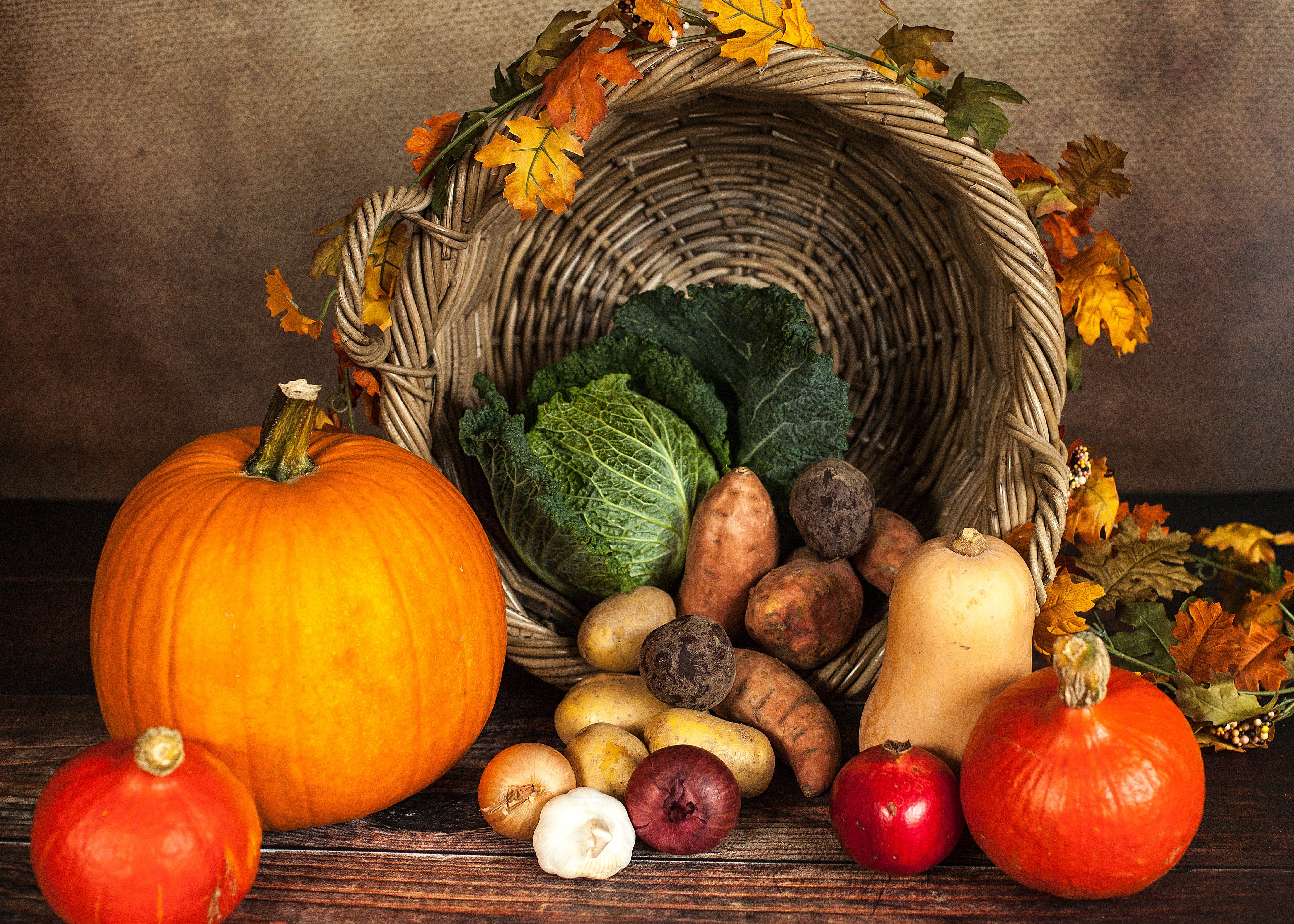Bearded dragons are popular pets that can be a great addition to any household. They are also known to be omnivores, meaning they eat both plants and animals. When it comes to feeding your bearded dragon, there are many options available. One of the most important things to consider is what fruits your bearded dragon can eat. In this article, we will discuss what fruits your bearded dragon can and cannot eat in order to ensure their overall health and wellbeing.Bearded dragons are omnivorous reptiles that can eat a variety of fruits. Some of the fruits that bearded dragons can eat include apples, bananas, raspberries, strawberries, blueberries, grapes, melons, mangoes, and cantaloupes. Be sure to remove any seeds or pits from these fruits and cut them into small pieces before feeding them to your bearded dragon.
Types of Fruits Suitable for Bearded Dragons
Bearded dragons, also known as Pogonas, are a type of lizard that is native to Australia. They are a popular pet and require a varied diet to ensure optimal health and wellbeing. Fruits can be an important part of this diet, as they provide important vitamins and minerals. However, not all fruits are suitable for bearded dragons, so it’s important to know which ones are safe.
Fruits that are safe for bearded dragons include apples, apricots, bananas, blackberries, blueberries, cantaloupe, grapes, honeydew melon, mangoes, nectarines, oranges, papaya, peaches, pears, plums and strawberries. All of these fruits should be washed before feeding and served without any added sugar or preservatives. In addition to these fruits there are also other fruits that can be offered as treats such as kiwi fruit and pineapple in small amounts.
It is important to remember that although some fruits can be eaten by bearded dragons they should only make up a small part of their diet. The bulk of their diet should consist of leafy greens and insects such as mealworms or crickets. Fruits should only be offered occasionally as treats or in small amounts on occasion.
Overall it is important to ensure that your bearded dragon has a varied diet that includes plenty of leafy greens and insects with the occasional treat being offered in the form of safe fruits such as apples or oranges. By doing this you will help ensure your bearded dragon stays healthy and happy for many years to come!
Benefits of Eating Fruits for Bearded Dragons
Eating fruits can be a great addition to the diet of your bearded dragon. Fruits can provide essential vitamins, minerals, and antioxidants that are not found in other foods. They also provide important fiber that helps with digestion and can help keep your dragon healthy. Some of the benefits of eating fruits for bearded dragons include:
Improved Digestion
Fruits are a great source of dietary fiber, which helps to improve digestion and prevent constipation. Fiber also helps to move food through the digestive system more quickly, allowing your dragon to absorb more nutrients from their food. Eating fruits can also help your dragon stay hydrated as the water content in some fruits is quite high.
Better Nutrient Absorption
Fruits are rich in vitamins and minerals that are essential for good health. They contain high levels of antioxidants which can help protect against free radicals in the body. Eating fruits will help ensure that your dragon is getting the nutrients it needs for optimal health.
Increased Energy Levels
Fruits contain natural sugars such as fructose and glucose which provide energy to your dragon. Eating fruit will give them an extra boost of energy when they need it most. Eating fruit can also help keep their blood sugar levels stable throughout the day.
In conclusion, eating fruits can be beneficial for bearded dragons as they provide essential vitamins, minerals, and antioxidants as well as dietary fiber which aids in digestion and nutrient absorption. Fruits can also provide an extra boost of energy when needed and help keep blood sugar levels stable throughout the day.
Preparing Fruit for a Bearded Dragon
Feeding your bearded dragon the right food is essential for their health and wellbeing. Many owners choose to feed their bearded dragon fresh fruits, as it is an excellent source of vitamins and minerals. Preparing fruit for your bearded dragon is an important part of keeping them healthy and happy.
To prepare fruit for your bearded dragon, you will need to wash the fruit thoroughly with water. This will remove any bacteria or dirt that may be on the surface of the fruit. Once the fruit is washed, you can cut it into small pieces that are easy for your bearded dragon to eat. Be sure to remove any seeds or pits from the fruit, as these can be a choking hazard for your pet.
In addition to preparing fresh fruits for your bearded dragon, you can also offer them dried fruits. Dried fruits are convenient because they can be stored easily and last longer than fresh fruits. When feeding dried fruits to your beardie, make sure that they are free from preservatives and added sugars. Additionally, only offer small pieces of dried fruit since large pieces may be difficult for them to swallow.
Fruits are a great way to supplement a balanced diet for your bearded dragon, but it should not make up more than 10% of their total diet. Be sure to research what types of fruits they can eat safely before offering them any new food items. With proper preparation and moderation, you can provide your pet with healthy snacks that they will love!
Common Fruits That Are Safe For Bearded Dragons
Bearded dragons are omnivores, meaning they need a balanced diet of both plant and animal matter to stay healthy. Fruits can be a great way to provide essential vitamins and minerals that are otherwise difficult to get in their diet. Here are some common fruits that are safe for bearded dragons:
Apples: Apples are high in fiber and vitamin C, and can help keep your reptile’s digestive system running smoothly. Make sure to remove the seeds before feeding, as they can be toxic to bearded dragons.
Strawberries: Strawberries are rich in antioxidants, which help protect against disease and aging. They also provide vitamins A, C, E, and K as well as iron and calcium.
Bananas: Bananas contain potassium, B-vitamins, fiber, magnesium, manganese, and copper. These nutrients help keep your bearded dragon’s heart healthy and their bones strong.
Papayas: Papayas are known for their antioxidant properties which help protect cells from damage caused by free radicals. They also contain vitamins A and C as well as magnesium, potassium, and fiber.
Blueberries: Blueberries have a high antioxidant content which helps protect cells from damage caused by free radicals. They are also rich in vitamin C which helps boost the immune system.
Mangoes: Mangoes are packed with vitamins A and C as well as dietary fiber. These nutrients help boost the immune system while providing essential antioxidants that can help ward off disease and aging in your pet reptile.
Figs: Figs contain calcium which is essential for strong bones in reptiles like bearded dragons. They also provide dietary fiber which helps keep the digestive system running smoothly while providing essential vitamins like A and K for overall health.

Unsafe Fruits for Bearded Dragons
Bearded dragons are omnivores, meaning they eat both insects and vegetables. Fruits should be fed sparingly to bearded dragons, as many fruits can be harmful to their digestive systems. Here is a list of unsafe fruits for bearded dragons: citrus fruits, tomatoes, potatoes, rhubarb, grapes and raisins. Citrus fruits such as oranges, lemons and limes contain a high amount of acid which can upset a bearded dragon’s stomach. Tomatoes contain the toxin solanine which can be toxic if consumed in large amounts. Potatoes can also contain solanine and should not be fed to your bearded dragon. Rhubarb has oxalic acid which can cause kidney stones. Grapes and raisins are high in sugar content and can lead to health issues if fed too frequently.
It is best to feed your bearded dragon only a small portion of safe fruits every 2-3 weeks as an occasional treat. Safe fruits include apples (without the seeds), pears (without the seeds), pomegranates (without the seeds), figs, mangoes, papayas, strawberries and blueberries in small amounts. Be sure to wash all fruits before feeding them to your bearded dragon to remove any dirt or pesticides that may have been used during cultivation.
Ensuring a Balanced Diet for Your Bearded Dragon
Providing a balanced diet for your bearded dragon is essential to its health and wellness. A proper diet should include both live insects and plant foods, as well as vitamins and minerals. Knowing what to feed your bearded dragon, how much, and when can help ensure that it gets all the nutrients it needs.
Live insects provide an important source of protein for your pet. Commonly fed insects include crickets, mealworms, waxworms, and roaches. Live insects should be dusted with a vitamin/mineral supplement to ensure that your pet gets the nutrition it needs. The size of the insect should be appropriate for the size of your bearded dragon; too large of an insect may cause choking or digestive problems.
In addition to live insects, plant matter should also make up part of your pet’s diet. Dark leafy greens like collard greens, turnip greens, mustard greens, and dandelion greens are good choices. Fruits such as apples, melons, berries, and mangoes can be offered occasionally as treats. Vegetables such as bell peppers and carrots should also be included in small amounts. All plant matter should be chopped into small pieces before feeding.
A calcium supplement should also be offered at every feeding to ensure proper bone growth and development. Vitamin D3 can also be given on occasion to aid in calcium absorption. Both supplements should be mixed with the food before offering it to your pet.
It is important to provide a varied diet for your bearded dragon in order to ensure that it receives all necessary nutrients and vitamins needed for good health. By providing a varied diet that includes both live insects and plant foods along with supplements, you can help ensure that your pet remains healthy and happy for many years to come!
Serving Size of Fruit For a Bearded Dragon
Fruit should be the occasional treat in a bearded dragon’s diet. When preparing fruit for your reptile, it is important to take into account the serving size for your pet. A bearded dragon should not eat more than 5-10% of its body weight in fruit per week. This means that if your dragon weighs 100g, it should not consume more than 10g of fruit per day. Furthermore, it is best to offer only one type of fruit at a time so that you can monitor how much your pet is eating and make sure they are getting the proper nutrition.
It is also important to remember that not all fruits are suitable for bearded dragons. Fruits that are high in sugar, such as mangoes and grapes, should be avoided as they can cause an upset stomach and potentially lead to obesity or other health issues. Fruits such as apples and oranges can be offered in small pieces but make sure to remove any seeds or pits before giving them to your reptile. Berries such as strawberries and blueberries can also be given in moderation but it is important not to overfeed as these fruits can contain high levels of sugar.
In addition to fresh fruit, some bearded dragons may enjoy dried fruits as an occasional treat. Dried fruits have been processed which reduces the nutritional value so they should only be given sparingly. Furthermore, some dried fruits contain added sugars or preservatives which may not be beneficial for your reptile’s health. Be sure to read labels carefully before offering any type of dried fruit to your pet.
Overall, it is important to remember that fruit should only be given as an occasional treat for a bearded dragon and never exceed 10% of their body weight per week in order to maintain good health and nutrition for your pet.

Conclusion
Bearded dragons should be offered a variety of fruits as part of their diet. Fruits that are considered safe for bearded dragons to eat include apples, apricots, bananas, blackberries, blueberries, cantaloupe, cranberries, honeydew melon, kiwi, mangoes, papaya, peaches, pears, pineapple, plums and raspberries. Be sure to feed the correct portion size for your dragon’s age and size. It is also important to remember that fruit should be given as an occasional treat and not the main staple in a bearded dragon’s diet.
Provide plenty of fresh vegetables along with regular gut-loaded insects as the primary source of nutrition for your dragon. Keeping a balanced diet is important for any pet’s health. Having the right knowledge about what your bearded dragon can eat will help you keep your pet healthy and happy for years to come.
Overall it is important to remember that moderation is key when it comes to feeding fruits to your bearded dragon. Avoid giving too many sugary fruits as they can cause health problems such as obesity and diabetes. Offer only small amounts of fruit as an occasional treat in addition to their regular diet of vegetables and insects. With proper nutrition and care your beardie can remain healthy and live a long life!



